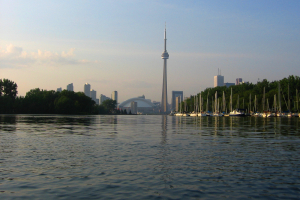As G8 leaders gather for their annual summit in Canada this Friday, early indications are that they will overlook a key piece of the puzzle in their bid to reduce the number of mothers and children dying in the world’s poorest countries, warns Tearfund.
Prime Minister David Cameron recently pledged to press his G8 colleagues to lower the “shocking and shameful” levels of maternal mortality. G8 Chair and Canadian Prime Minister, Stephen Harper, has identified maternal and child mortality as the key development issue for this year’s summit.
However, there are strong fears that a critically important weapon in the fight against maternal and child mortality – ensuring women have access to clean water, safe sanitation and good hygiene – will be missing from any G8 action plan.
A new report from Tearfund, Joining the Dots, stresses the interconnectedness of maternal and child mortality, and poor water and sanitation.
“Ensuring everyone has clean water, and a safe, hygienic place to go to the toilet, is critical to the health of women and children. Dirty water and poor sanitation account for 1 in 4 deaths of children under five,” says Paul Cook, Advocacy Director at Tearfund.
“Efforts to reduce the number of mothers and children dying will be seriously undermined if the water and sanitation crisis is not tackled. G8 leaders must not overlook this key piece of the puzzle in their efforts to save women and children’s lives. Any G8 initiative on maternal and child health must include specific actions to improve water, sanitation and hygiene."
Friday’s G8 summit comes at a key time in the development arena, ahead of a major UN meeting in September to assess progress towards the Millennium Development Goals (MDGs), a set of eight internationally-agreed targets to reduce poverty by 2015.
Yet at the current rate of progress, the target to halve the proportion of people without basic sanitation will not be met until the 23rd century in sub-Saharan Africa. Some 2.6 billion people lack access to adequate sanitation, while 884 million people lack access to safe drinking water.
Each year, at least 340,000 women die from pregnancy- or child-related issues, leaving hundreds of thousands of children motherless. Children who lose their mother are ten times more likely to die before their second birthday.


















